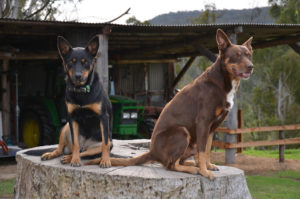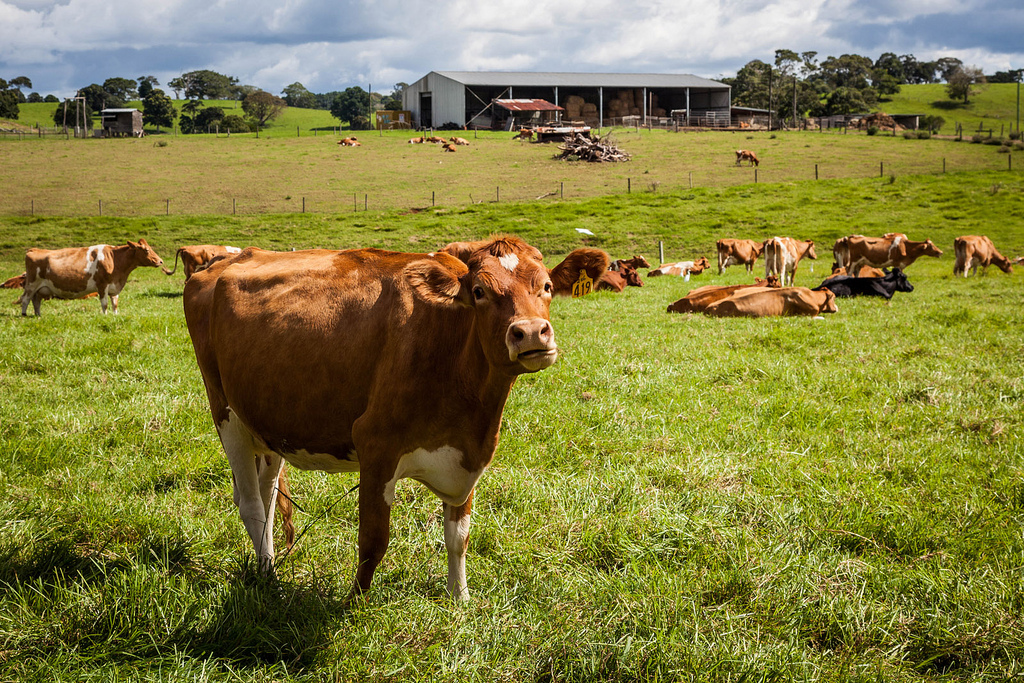There are almost 135,000 farm businesses in Australia where more than 400 million hectares – over 50 per cent of the continent – is used for agriculture. These farms raise cattle, sheep, goats and chickens or grow rice, cotton, fruits, grains, sugarcane and a wide range of other produce. 99 per cent of farms in Australia are family-owned and operated. Because of the 24/7 demand of farm work, farmers and their families value their time off and use it to travel to other places in the country or overseas.
So, Who Takes Care of the Farm
When a farmer and his family want to travel on their time-off, finding someone to look after the farm can be a challenge. This brings up a big house sitting opportunity for those who love animals, crops, want a taste of farm life or just an chance escape the hustle and bustle of the city. It’s a different kind of house sitting situation and becomes more of an adventure and learning experience.
Things to Remember When House Sitting a Farm
Sitting a Farm
If you’ve lived in the city all your life, prepare to step into a different world when you’re house caring on a farm.
Mother Nature is Queen – They say Australia has four seasons in one day, and nowhere is this more true than on the land. As you might well know, the weather can turn from hot and humid to windy and rainy then back again just as quickly. Be prepared for it both for yourself and the home you’re sitting.
Know your neighbours – The nearest neighbour of a farm isn’t exactly “next door”. It will help if you take the time to know your nearest neighbours in case of an emergency. If you can, introduce yourself to the local police station when you start the job.
C heck your communications – Cell phone signals aren’t always reliable on many farms. Test how strong the signal is and find alternative ways of communicating with neighbours and various local services.
heck your communications – Cell phone signals aren’t always reliable on many farms. Test how strong the signal is and find alternative ways of communicating with neighbours and various local services.
Keep the doors closed – Intruders on a farm are not of the human variety. In Australia especially, they can range from the tiny ones like spiders to relatively large ones like snakes or kangaroos. Keeping the doors closed at all times helps make sure you don’t have unwanted guests, especially when you leave the house for any length of time.
Get to know the equipment – Unlike a city home or apartment, farms often run on generators and have independent water supply systems. Before taking over the farm house ask the owner to show you how these work and what to do if they break down. More useful information on things you need to know before you start your assignment can be found in the free Mindahome ebook, ‘A Pet and Home Owners Guide to House Sitting’.
Stay well-stocked –  On a farm you can’t just walk to the nearest grocery store if you run out of necessities. Make sure you always have enough food and other necessities on hand, especially if there is an emergency and you find yourself without access to the nearest town.
On a farm you can’t just walk to the nearest grocery store if you run out of necessities. Make sure you always have enough food and other necessities on hand, especially if there is an emergency and you find yourself without access to the nearest town.
Know the farm – Get a basic knowledge of how the farm works. Introduce yourself to the people who work on the farm. Learn as much as you can about the crops or animals. Walk around the the place and explore it both for knowledge and enjoyment.
By following a few simple rules you will have an experience of a lifetime and one you may wish to repeat over and over again.
